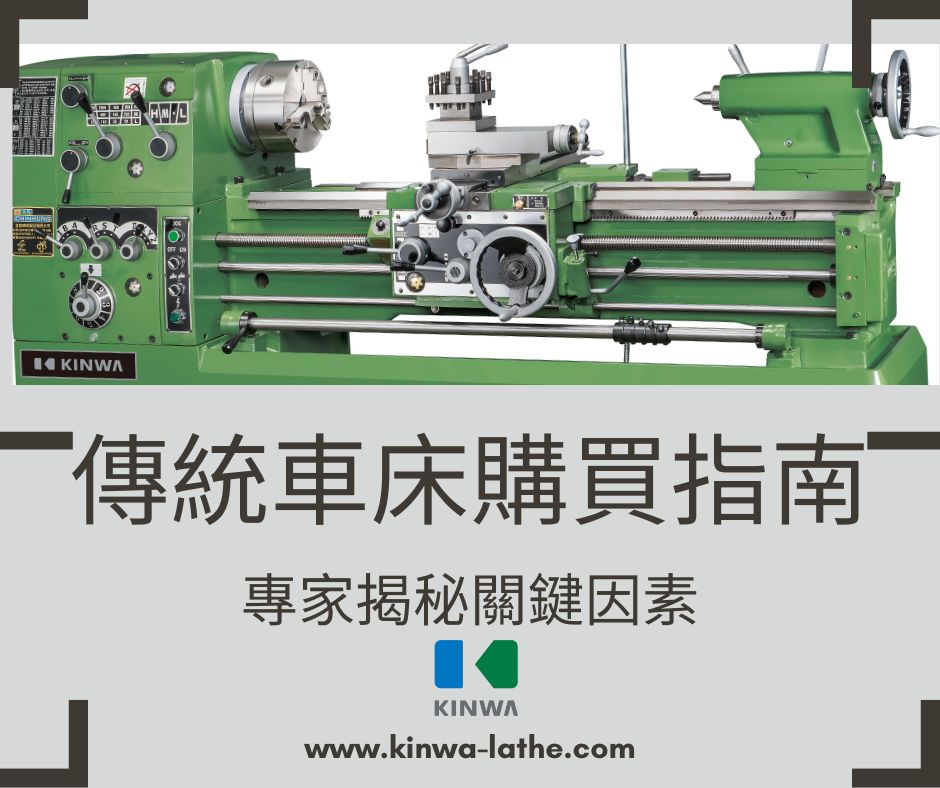
CHIN HUNG
/ 11. 30. 2023
In-Depth Guide to Purchasing Traditional Lathes: Key Considerations Shared by Industry Experts
In today's industrial manufacturing sector, selecting the right lathe is pivotal for enhancing production efficiency and ensuring product quality. For businesses and professionals planning to purchase a traditional lathe, understanding the key considerations is crucial. Here are the seven essential factors to consider, as recommended by industry experts:
1. Application and Workpiece Specifications
When choosing a lathe, the first consideration should be the type, size, and material of the workpieces you intend to process. Your choice of lathe should be based on whether it's used for general metalworking, heavy-duty machining, or precision engineering.
2. Lathe Size
The bed length, swing over the bed, and maximum turning diameter of the lathe are critical factors that determine the size of workpieces you can process. Choosing a lathe with the appropriate dimensions ensures that your machining needs are met.
3. Power and Speed Range
Selecting the appropriate speed range based on the material and machining requirements is crucial. Consider the spindle speed of the lathe and whether it offers the suitable speed gears and ranges for your specific needs.
4. Accuracy and Repeatability
Different production requirements call for varying levels of accuracy and repeatability. For applications requiring high precision, choosing a lathe with high accuracy specifications is key.
5. Brand and After-Sales Service
Opting for a well-known brand can generally guarantee better quality and service. Good after-sales service not only provides necessary technical support but also saves on future maintenance and repair costs.
6. Safety Features
Operational safety is an aspect that cannot be overlooked in industrial manufacturing. Ensure that the chosen lathe is equipped with adequate safety features, such as emergency stop switches and guards, which are essential for the safety of the operators.
7. Budget and Price
After considering all technical specifications and functional requirements, your choice should also take into account the budget. Selecting a lathe that fits your budget while meeting all your needs is a wise decision.
Additional Tips
Beyond these basic elements, when selecting a lathe, you should also consider additional accessories, tools, and the expandability of the lathe. These factors can impact your final purchasing decision.
Purchasing a traditional lathe is an important and complex process. With these professional insights, you can make a more informed choice, ensuring that your investment yields the maximum return.
We use cookies to optimize and continuously update it according to your needs.The settings can be changed at any time under "Privacy"





